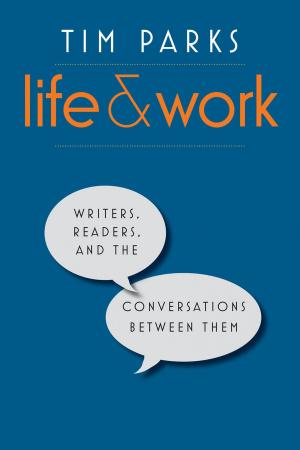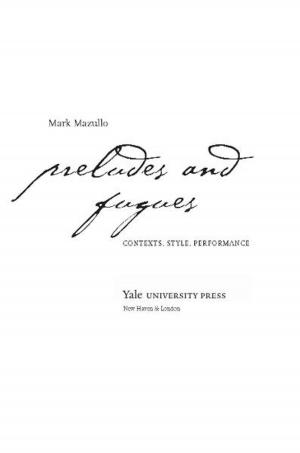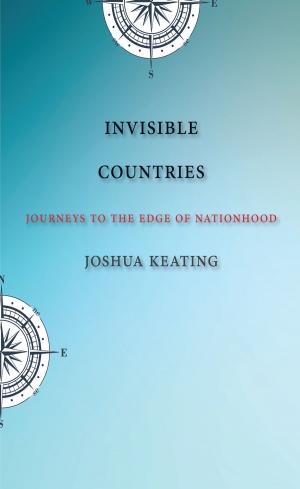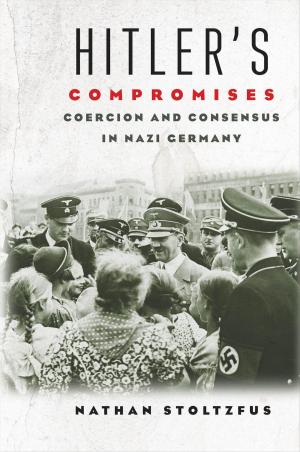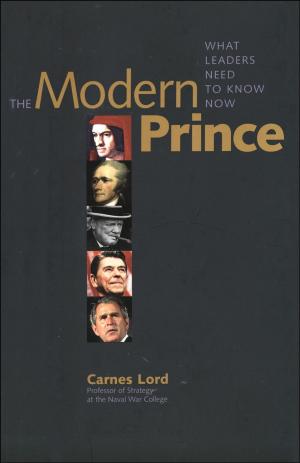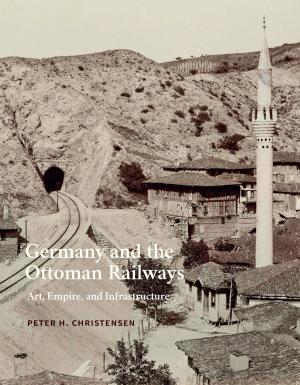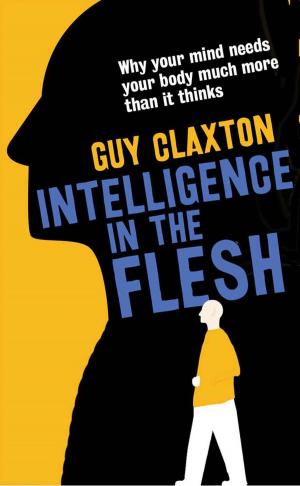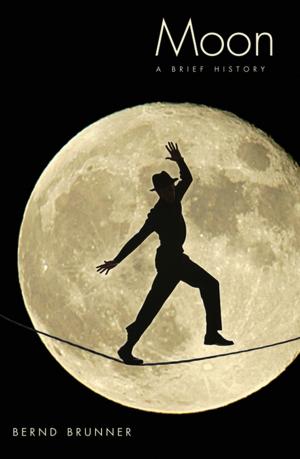The International Novel
Nonfiction, Social & Cultural Studies, Social Science, Human Geography, Fiction & Literature, Literary Theory & Criticism, Books & Reading, Political Science| Author: | Annabel Patterson | ISBN: | 9780300210408 |
| Publisher: | Yale University Press | Publication: | September 30, 2014 |
| Imprint: | Yale University Press | Language: | English |
| Author: | Annabel Patterson |
| ISBN: | 9780300210408 |
| Publisher: | Yale University Press |
| Publication: | September 30, 2014 |
| Imprint: | Yale University Press |
| Language: | English |
Annabel Patterson here turns her well-known concern with political history in early modern England into an engine for investigating our own era and a much wider terrain. The focus of this book is, broadly, nationalism and internationalism today, approached not theoretically but through the lens of fiction. Novels are uniquely capable of dealing with abstract problems by embodying them in the experience of persons, thereby rendering them more “real.” Patterson takes twelve novels from (almost) all over the world: India, Africa, Turkey, Crete, the Balkans, Palestine, Afghanistan, South America, and Mexico, novels which illustrate the dire effects of some of the following: imperialism, partition, annexation, ethnic and religious strife, boundaries redrawn by aggression, the virus of dictatorships, the vulnerability of small countries, and the meddling of the Great Powers. All are highly instructive, and excellent reads.
Annabel Patterson here turns her well-known concern with political history in early modern England into an engine for investigating our own era and a much wider terrain. The focus of this book is, broadly, nationalism and internationalism today, approached not theoretically but through the lens of fiction. Novels are uniquely capable of dealing with abstract problems by embodying them in the experience of persons, thereby rendering them more “real.” Patterson takes twelve novels from (almost) all over the world: India, Africa, Turkey, Crete, the Balkans, Palestine, Afghanistan, South America, and Mexico, novels which illustrate the dire effects of some of the following: imperialism, partition, annexation, ethnic and religious strife, boundaries redrawn by aggression, the virus of dictatorships, the vulnerability of small countries, and the meddling of the Great Powers. All are highly instructive, and excellent reads.


